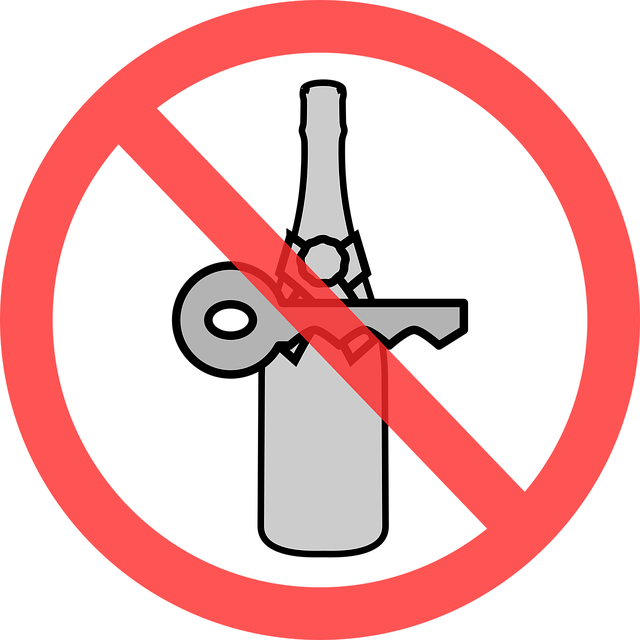Rural communities face unique DUI prevention challenges due to lower population densities and reduced law enforcement presence compared to urban areas. Online privacy strategies are essential for effective rural community DUI prevention, leveraging technology and educating residents about digital tool privacy settings. Tools like encryption, anonymized browsing, and VPNs empower citizens to securely report suspected impaired driving activities, fostering a culture of vigilance and proactive community safety.
In the digital age, online privacy is a vital tool in tackling Rural Community DUI (drunk driving under influence) prevention. This article explores the intricate link between personal data protection and creating safer driving environments. By understanding the unique challenges faced by rural communities, we can leverage online privacy measures to deter drunk driving. We delve into effective strategies that enhance privacy, support law enforcement efforts, and ultimately save lives on rural roads.
- Understanding Rural Community DUI Prevention Challenges
- The Role of Online Privacy in Creating Safer Driving Environments
- Strategies for Enhancing Online Privacy to Support DUI Prevention Efforts
Understanding Rural Community DUI Prevention Challenges

Rural communities often face unique challenges when it comes to DUI (Driving Under the Influence) prevention. With lower population densities, limited access to public transportation, and longer travel distances, residents may be more reliant on personal vehicles, increasing the potential for impaired driving. Additionally, rural areas sometimes lack the same level of enforcement presence as urban centres, making it crucial for communities to take proactive measures.
These communities must also consider cultural factors and barriers to engagement. Lower internet penetration or limited access to technology can hinder the reach of educational campaigns, while traditional methods like community meetings might not be as effective due to widespread dispersal of residents. Tailoring strategies to address these specific challenges is essential for successful Rural Community DUI Prevention initiatives.
The Role of Online Privacy in Creating Safer Driving Environments

In today’s interconnected world, online privacy plays a pivotal role in fostering safer driving environments, especially within rural communities. With advancements in technology, individuals share vast amounts of personal information online, potentially exposing themselves to risks. However, implementing robust online privacy measures can significantly contribute to DUI (Driving Under the Influence) prevention efforts in these areas. By understanding and leveraging this connection, rural communities can create a more secure driving culture.
Privacy settings on social media platforms and other digital tools allow users to control who accesses their data. This is crucial in preventing potential stalkers or drunk drivers from obtaining sensitive information that could compromise safety. Educating residents about these settings empowers them to protect themselves and their loved ones, reducing the risk of targeted crimes, including DUI incidents, in rural settings.
Strategies for Enhancing Online Privacy to Support DUI Prevention Efforts

In rural communities, where face-to-face interactions are often limited, online privacy strategies can play a pivotal role in DUI (Driving Under the Influence) prevention efforts. By leveraging digital tools and platforms, community members and authorities can enhance anonymity while collecting valuable data on potential risks. Implementing robust encryption for personal devices and communications ensures that sensitive information remains secure from prying eyes, fostering an environment where individuals feel encouraged to report suspected impaired driving activities without fear of exposure.
Additionally, online privacy tools like anonymized browsing and virtual private networks (VPNs) can empower citizens to share insights while maintaining their identity. This approach encourages a culture of vigilance, enabling rural communities to proactively combat DUI through collective awareness and responsible digital citizenship. Such measures not only safeguard personal privacy but also contribute significantly to the overall safety of the community, especially during social gatherings or events where alcohol consumption might be prevalent.
Online privacy plays a pivotal role in addressing Rural Community DUI Prevention challenges. By understanding how digital activities impact driving safety, we can implement effective strategies to enhance online privacy. This includes leveraging technology to monitor and prevent impaired driving, educating community members about responsible online behavior, and fostering partnerships between law enforcement and digital platforms. Ultimately, these efforts will contribute to safer roads and reduced DUI incidents in rural areas.






